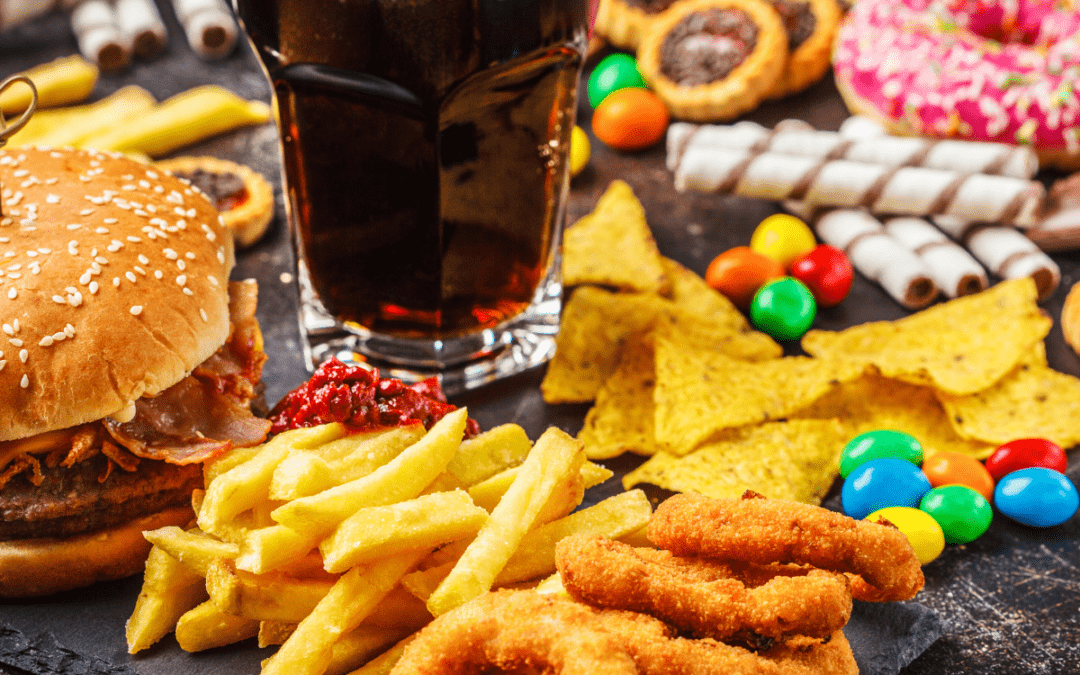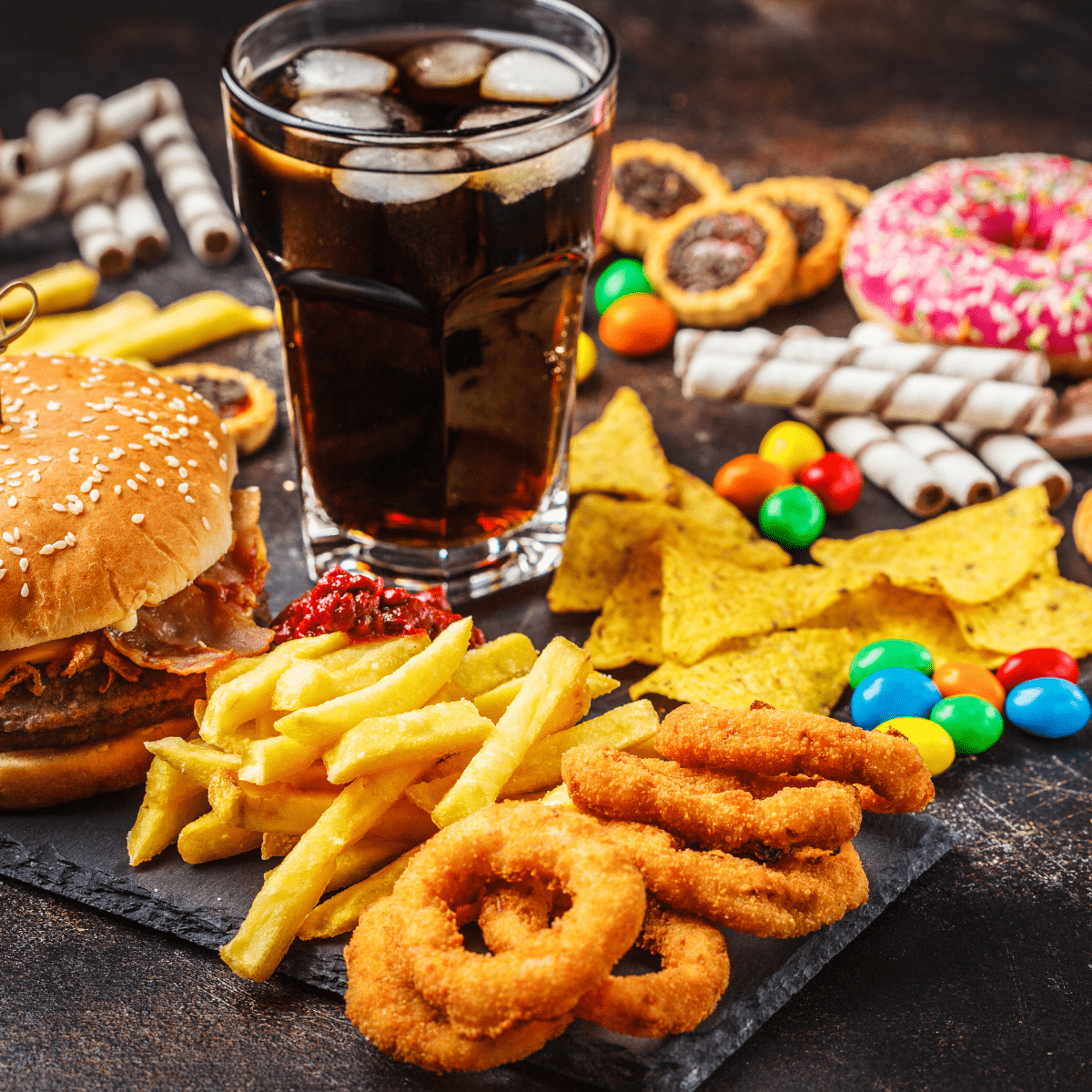The True Cost of Ultra-Processed Foods
There has been even more in the press recently about ultra-processed foods (UPF’s), with people in healthcare having conflicting opinions on how harmful they are for us. Given my love of food and nutrition and of course integrative health, I try and check in with the evidence base. As an Integrative Cancer Doctor, reading the research and potential link between various lifestyle factors and the growing cancer levels in young adults is becoming hard to ignore.
A major new study has recently highlighted an increase in cancer rates over the last two decades. Whilst there has been growth in cancer rates across all ages, most worryingly was the increase in the rates for younger people with a 24% rise in 24-49 year old’s. The consumption of ultra-processed foods has already been associated with numerous chronic conditions including obesity, T2DM, cardiovascular disease and metabolic syndrome. But what if, as some suspect, the rise in UPF’s was also contributing to the rise in cancer rates in younger people in the UK? Don’t forget more than 50% of foods consumed in this country are considered ultra-processed, which is alarming to say the least. Have we forgotten what real food is? If you think of cancer in terms of a metabolic disease, then perhaps the link between UPF’s and the rise of cancers (especially colorectal cancers) could be present.
A lot of the food we buy is now in fact processed. This means it hasn’t come straight from the farm to plate but may have been dried, tinned, smoked, pressed, seasoned – methods to increase flavour or extend shelf life generally make them processed. But broadly speaking for a product to be defined as ‘ultra’-processed, it generally is a product containing more than 5 ingredients. As a rule of thumb, if you turn over a packet and there are names on the list of ingredients that wouldn’t be found in a domestic kitchen, it is likely to be ultra-processed.
Ultra-processed foods are thought to have significant health risks due to their composition, typically containing numerous additives, sodium, sugar, trans-fats, preservatives, and artificial ingredients. Also we must take into account the processing methods (mostly highly refined), and their impact on dietary patterns as they are addictive, lack nutrients and can often leave us hungry so we overindulge and eat more. It’s also key to remember that when we fill ourselves up with ultra-processed foods, they take the place of whole foods from our diet which would normally provide us with essential nutrients for our health and may also contain phytochemicals which have anti-carcinogenic properties. There are now numerous studies exploring direct associations between ultra-processed foods and certain health conditions. Greater exposure to UPF’s is now being associated with adverse health outcomes, so I find it hard to understand why some healthcare practitioners are coming out in defence of these foods.
Dr Chris Van Tulleken author of “Ultra Processed Foods” who recently spoke at the Goodwood Health Summit that we attended has said ‘We need to think about the big food companies in the same way we do the tobacco companies’. Whilst a lot more research is needed to find out why cancer rates are increasing and determine whether UPF’s are contributing, the reality is that processed food shouldn’t be a large part of anyone’s diet.
Ultra processed foods have bought us convenience – but at what cost?
Dr Elizabeth Thompson


